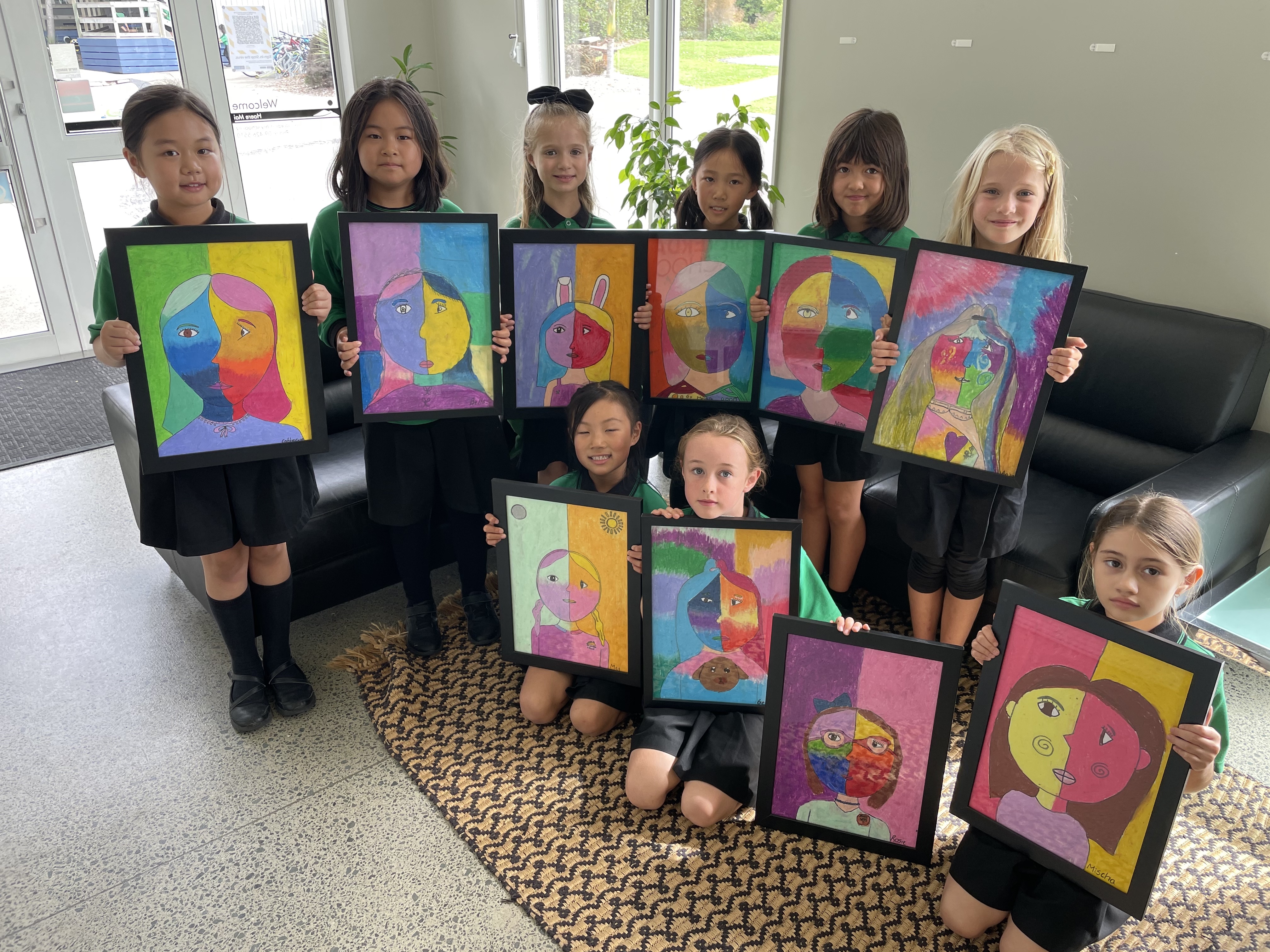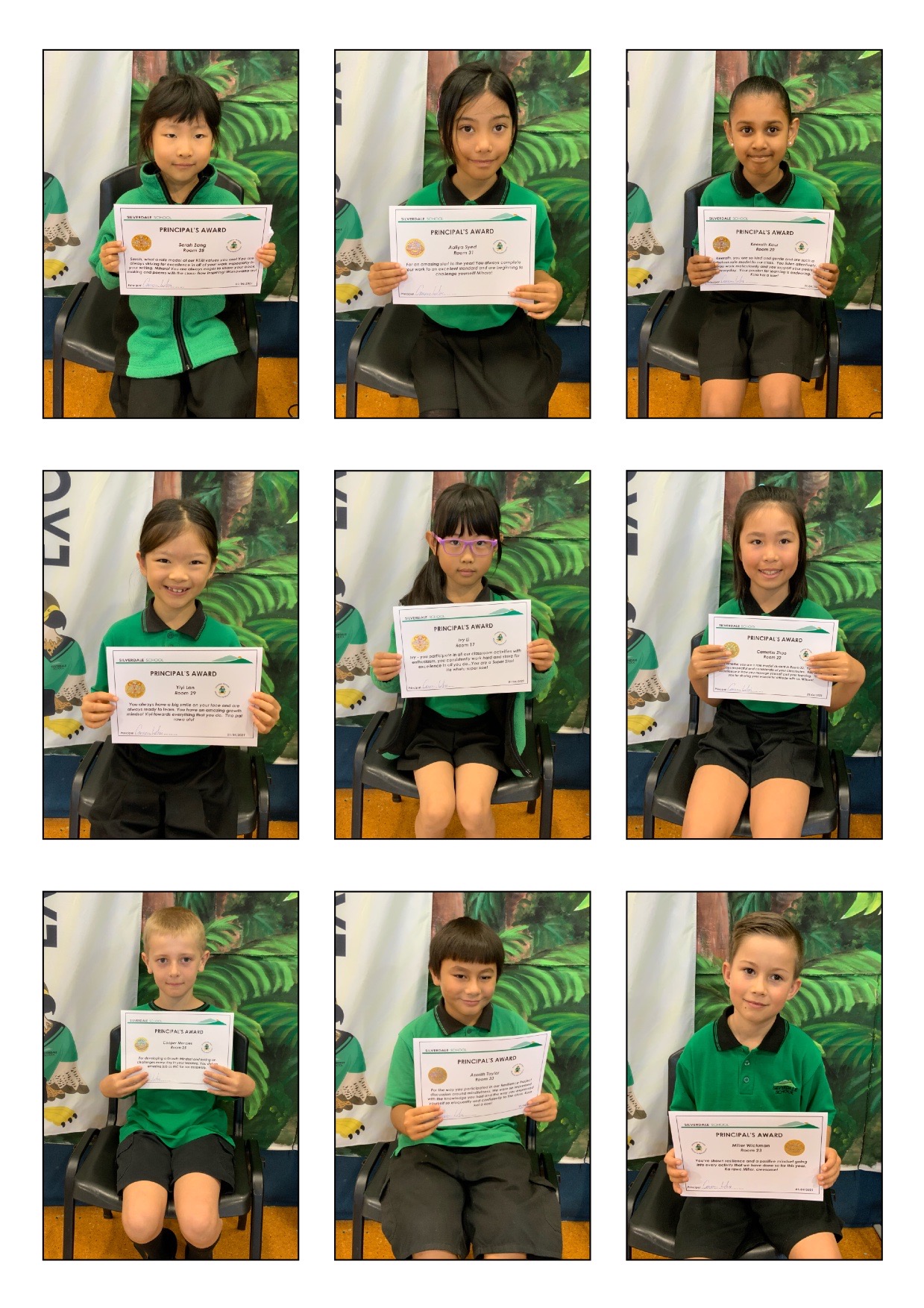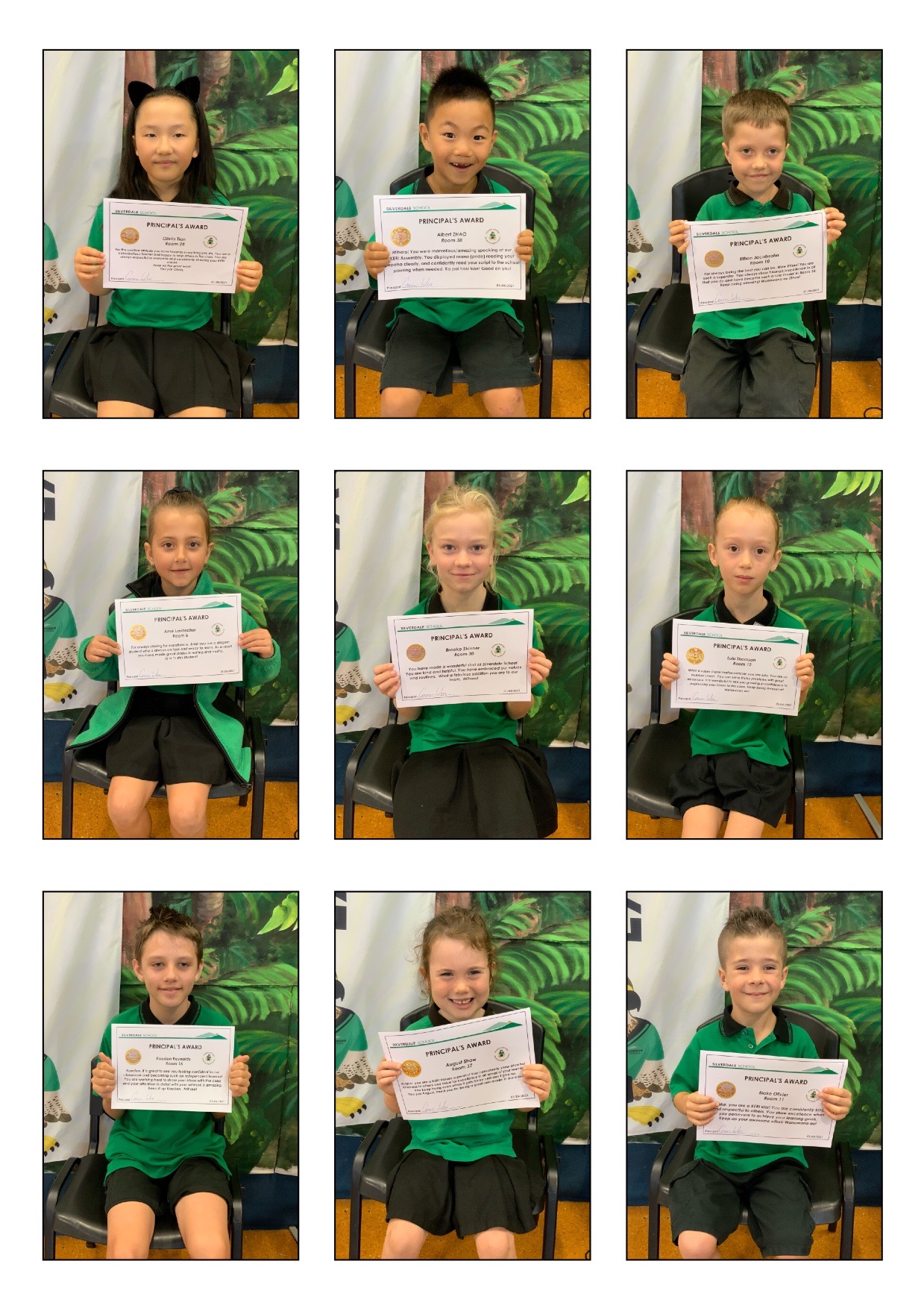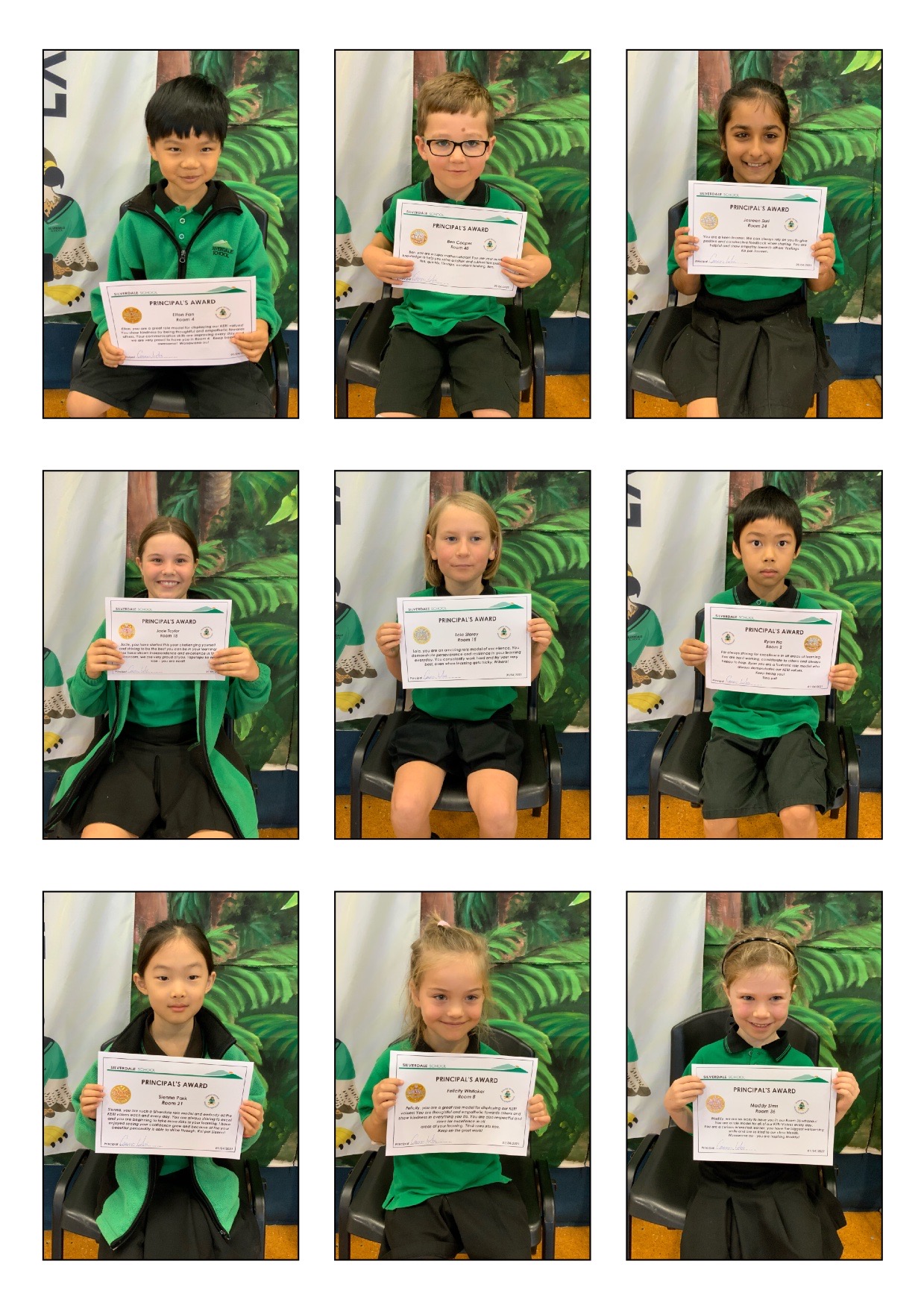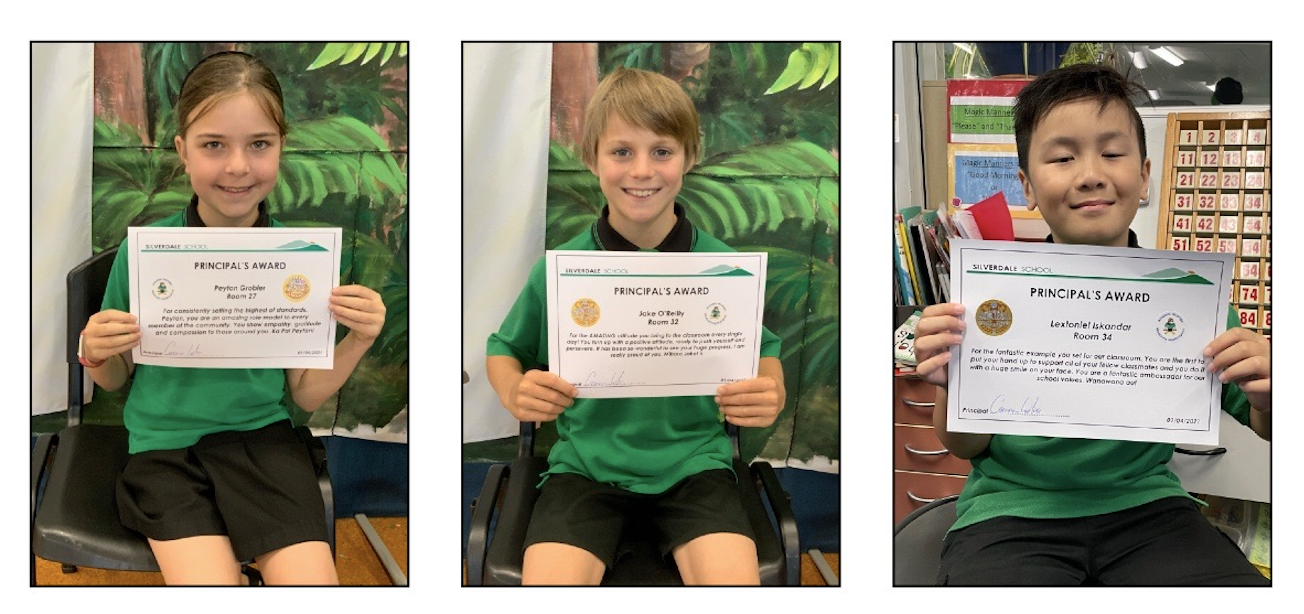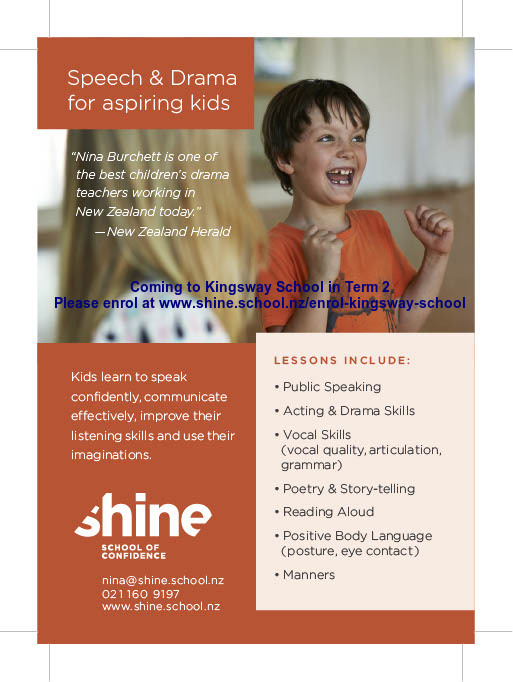School Donation
Our school donation is $200 per child. This money was used to pay for a large number of additional curriculum resources, subsidise a number of school wide activities such as swimming, production, art, dance and drama resources, sporting functions, developmental material and related photocopying and other essential resources. No child was excluded from using these resources but it does seem that quite a number of families relied on the goodwill of others to support their child.
Each term the BOT puts all the names of those donations that have been made into a draw to give one child the chance to have their fees paid for the following term. The families that have received these in the past have been very grateful. We understand that a donation is voluntary and that it can be at times very difficult to manage. Mrs Reid in the office, is very happy to discuss possible arrangements for meeting this cost for your child. Each small contribution adds up across the course of time and helps to enhance the substance of this school.
Our full refund winner for paying the $200 donation before 1 March is Xihuai Zhang, Room 35.
Our term 1 refund winner is John Du Preez, Room 27.
A huge thank you to all those families who have paid their donation this year.
Reading with your child
Reading with children in the early years encourages a positive attitude to books and reading and provides an opportunity for children to think of themselves as successful readers. Children who have had years of sharing books (especially favourites over and over again) may appear to be more fluent or accurate than they actually are because they can memorise whole parts of books. You need to be aware of this when you share books brought home from school. You should ask your children lots of closed (one word answers) and open questions (those that have many different answers) and encourage your child to talk about different parts of the story.
Reading aloud to your child will help them get better at reading and listening. You will both enjoy the special time together.
If your child comes across a word they don’t know, use the pause, prompt, praise technique:
Pause – wait a few seconds and give your child time to think. Often they will work it out by themselves.
Prompt – if they still don’t know the word, try a couple of the following:
- Look at the beginning of the word and discuss the letters and sound. Talk about words that would make sense in the sentence
- Look for clues in the pictures
- Ask your child to go back to the beginning of the sentence or to read on to the end of the sentence
If your child still doesn’t know the word, tell them and prompt them to read the sentence again.
Praise your child for getting the word right or for trying hard.
What do I do when my child doesn’t know the word?
There are a number of things that you can do when you are reading with your child and they come to a word they don’t know. My first piece of advice is to avoid eye contact with the child.
When a child looks to us for help with a word, we often want to save them, help the reading process move along and provide the word. However, this is an unsustainable strategy for the child as they need a set of skills to call upon when they are reading with you. Rather than looking at your child, focus your attention on the book. After all, this is where all the clues are to figuring out the word.
Encourage your child to skip the word and read on for more information, use the pictures for a clue, or even leave the word behind and continue reading. By refocusing the child’s attention back to the meaning of the text, the content of the text will help fill in the blanks. If your child has skipped the word and still can’t figure it out, drop the word into the conversation as you turn the page.
Should I get my child to practise individual words they’re having trouble with?
Learning words in isolation does not always translate to being able to figure out unknown words in texts. Consider learning the word duck: you could write this on a card for your child to learn, look at pictures of ducks when learning the word and talk about ducks that you’ve both seen at the park together. However, when your child reads the word duck in a passage about cricket, the meaning is considerably different.
The best way to learn words therefore is in context – in books. Point out interesting words that you encounter in the text after you’ve finished reading and think about where you’ve seen these before. Reading widely and frequently is the best way to build your child’s vocabulary and increase their bank of known words.
My child spends too long looking at the pictures when they are reading; should I cover the pictures so they can concentrate?
No! A frequent misconception about the reading process is that when children are spending too long looking at the pictures they are getting distracted. When a child is looking at the pictures, they are gaining valuable information about the meaning of the text.
The clues that are visible in the illustrations are often the best way to figure out the meaning of the text. Encouraging your child to flick through the text before reading, or doing “book orientation”, where you first discuss the book, its title and the pictures, is one of the best ways to help your child’s reading progression.
Principal Awards
Congratulations to our students who received Principal Awards at last week’s assembly.

